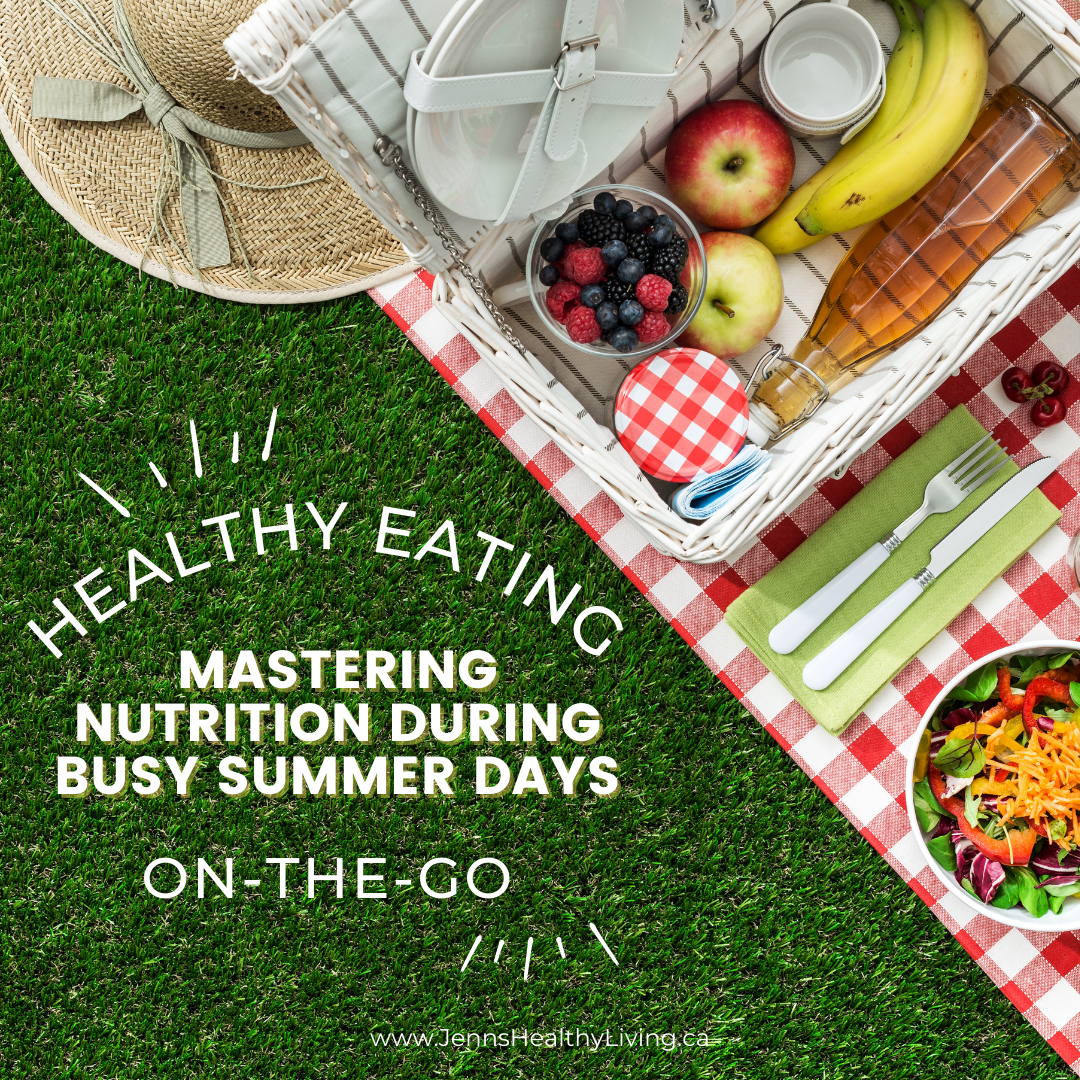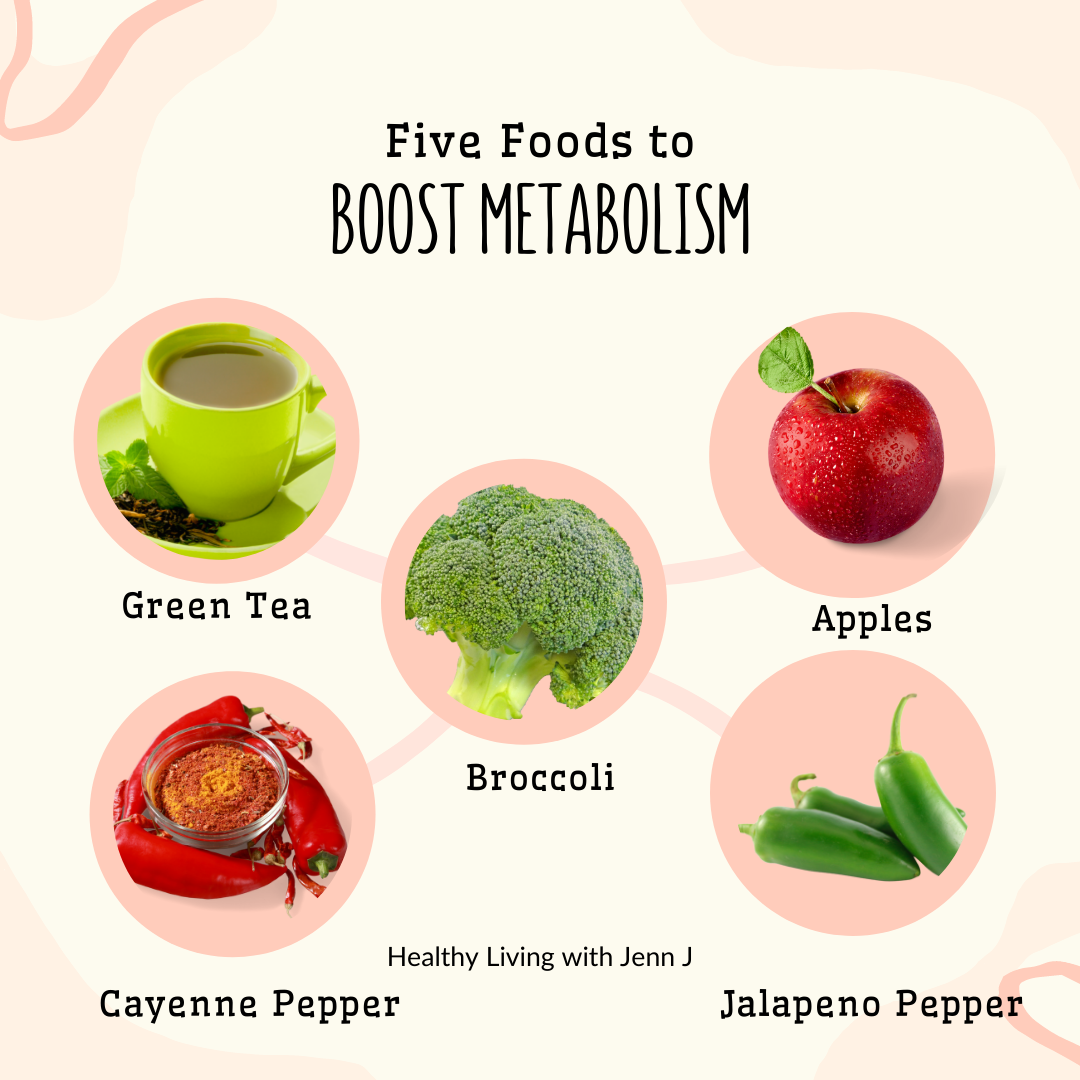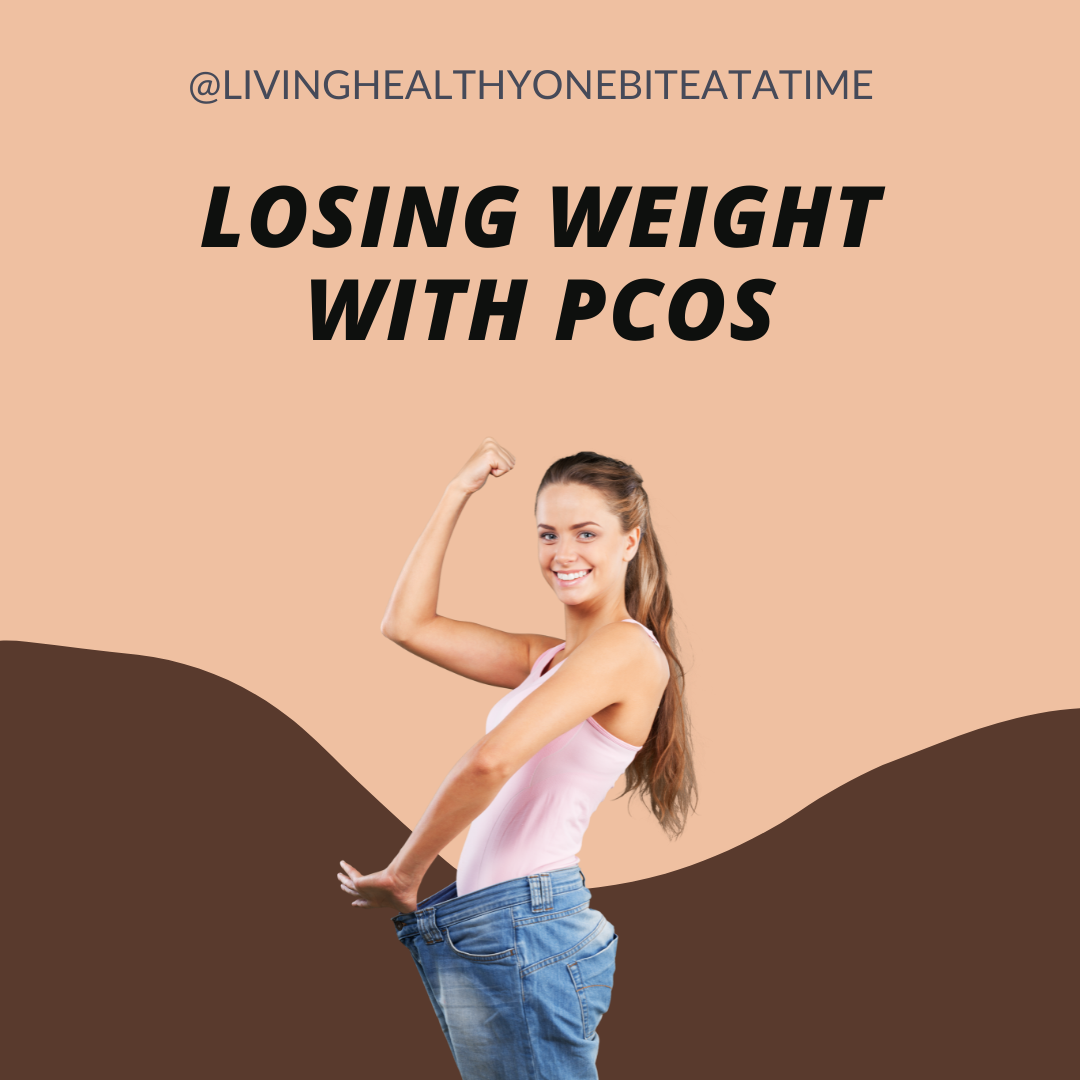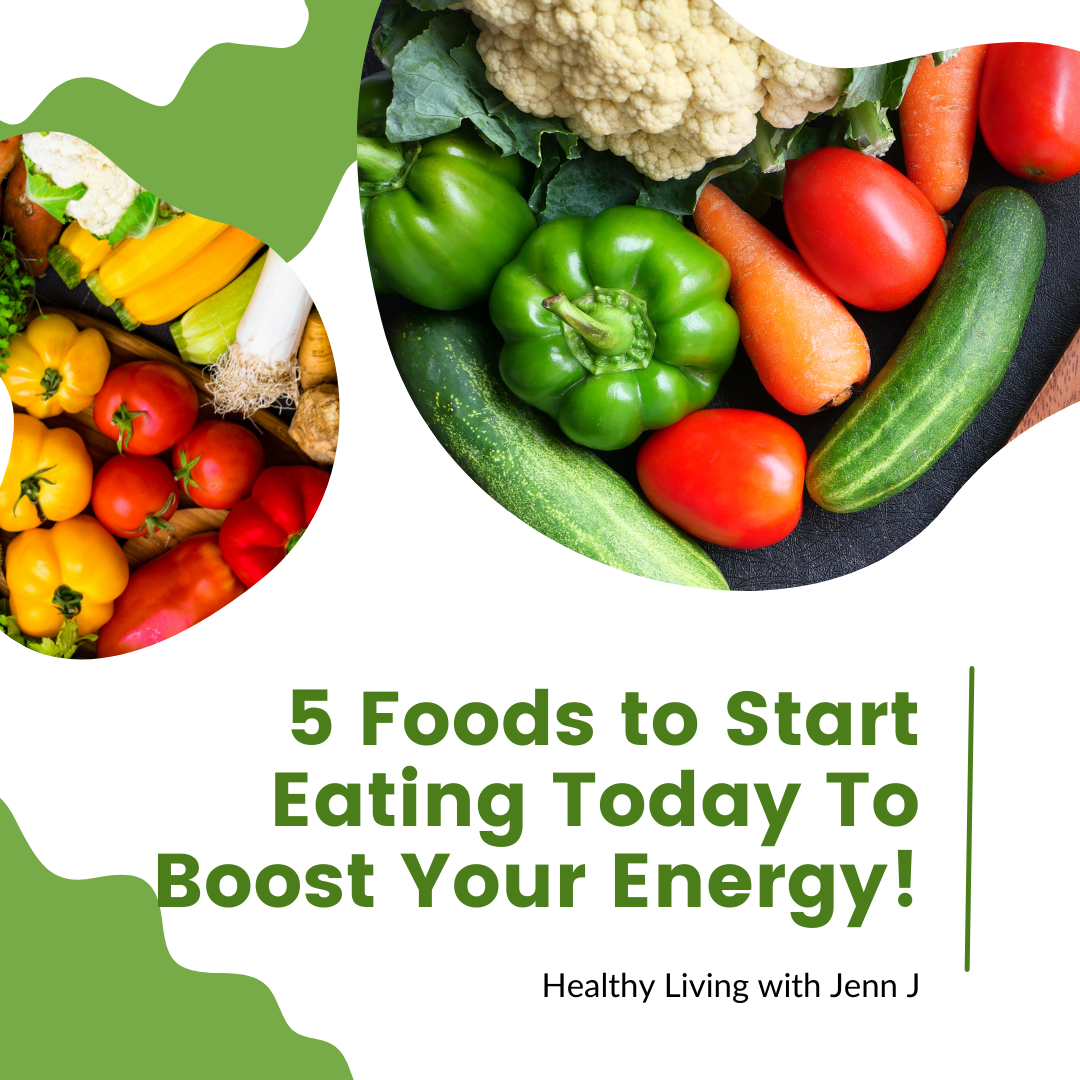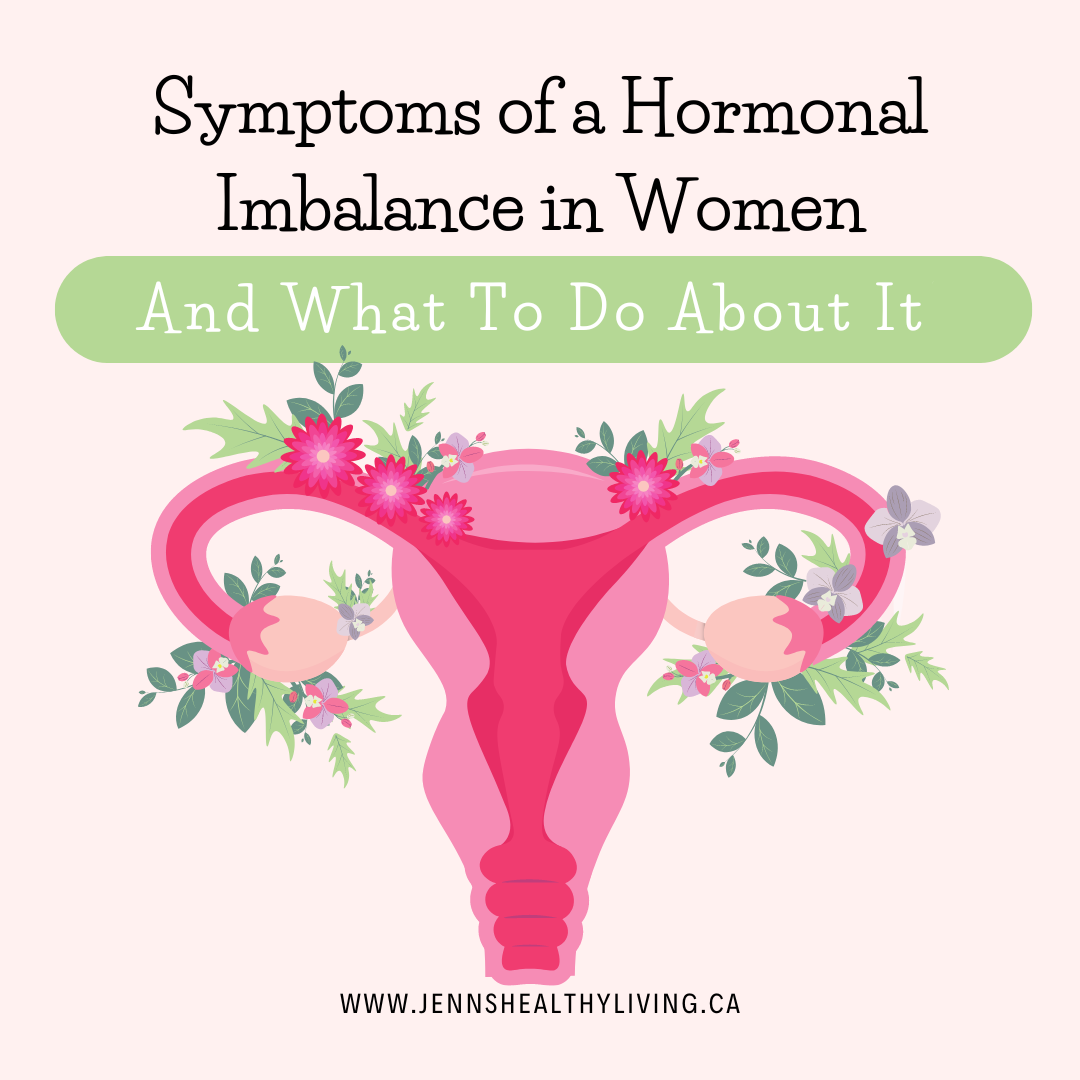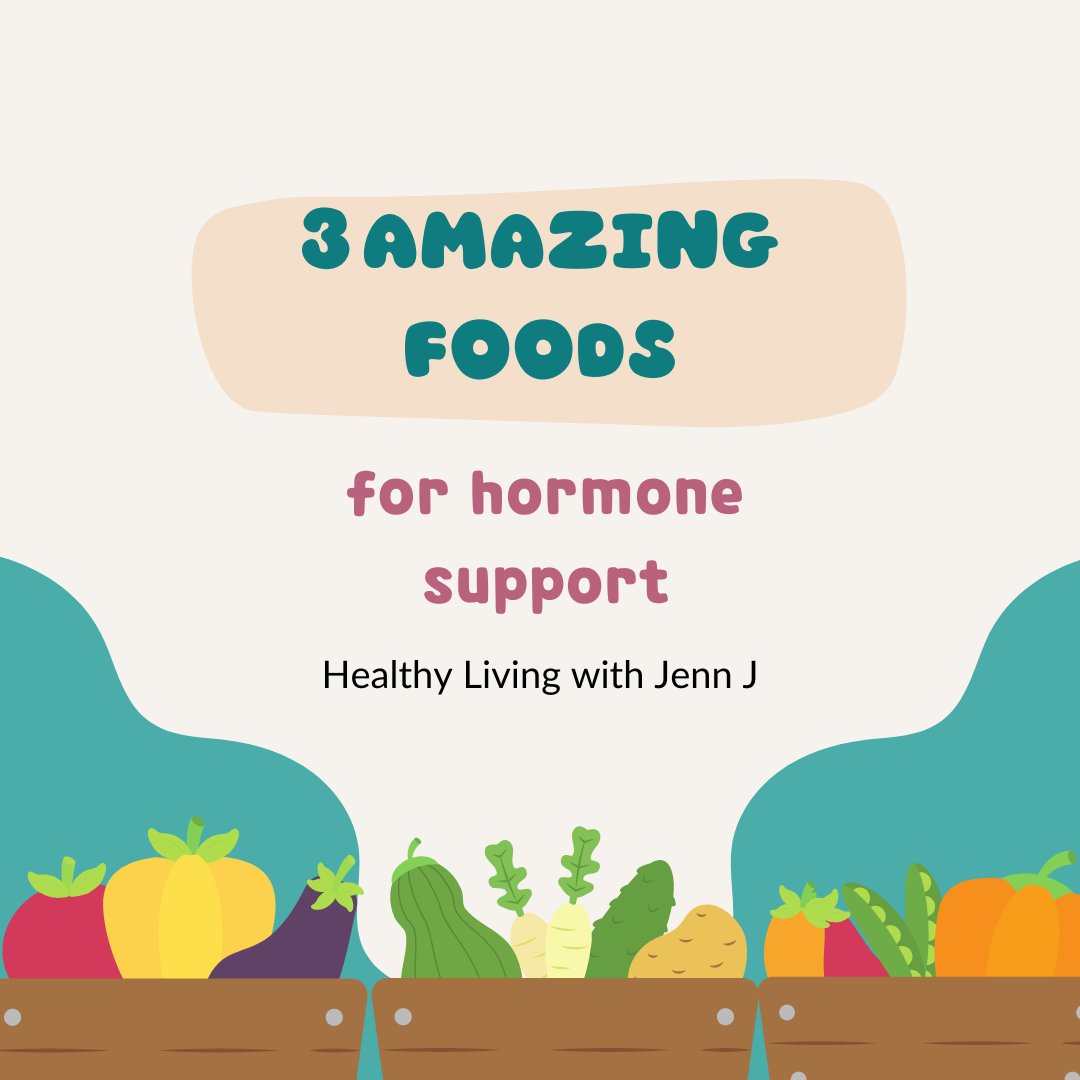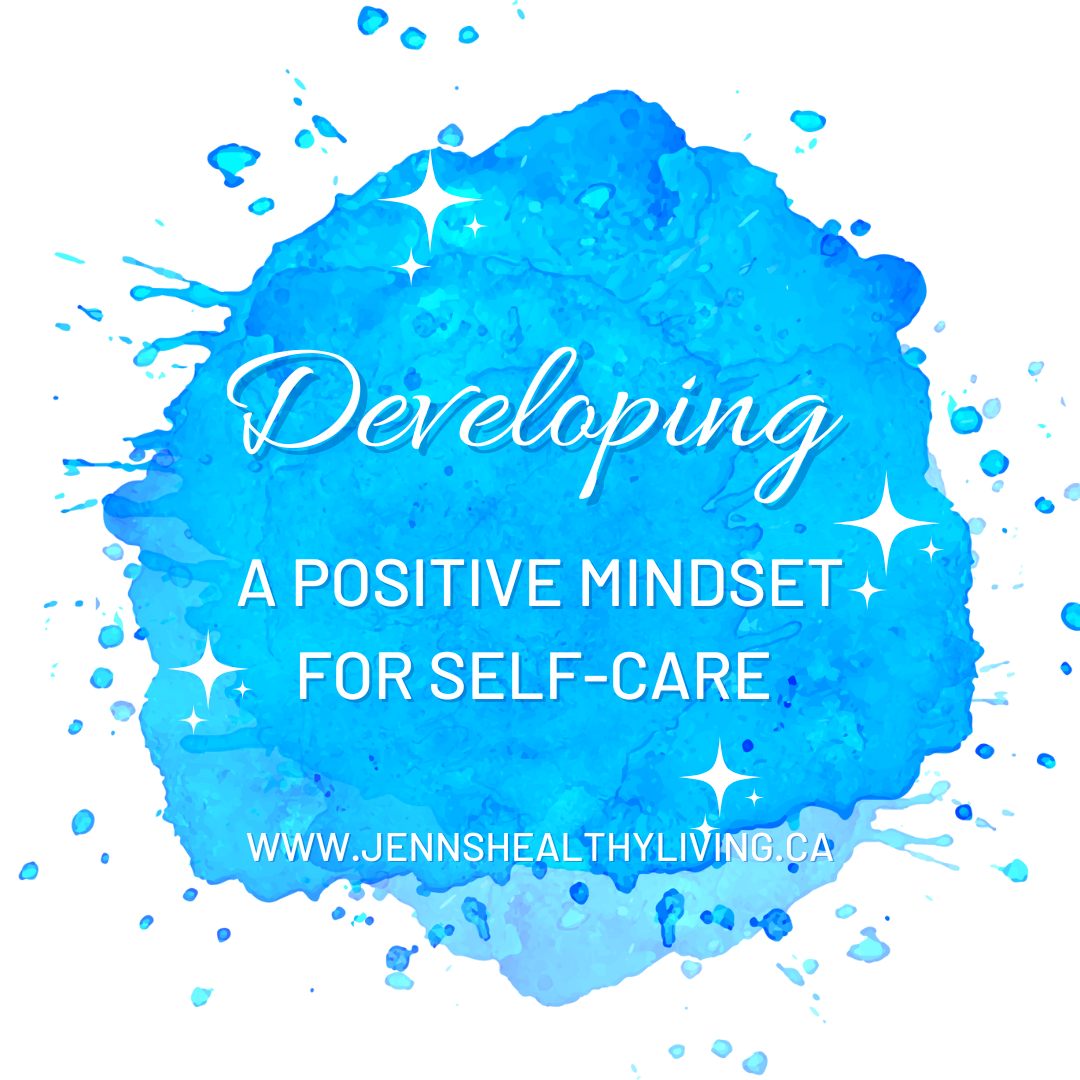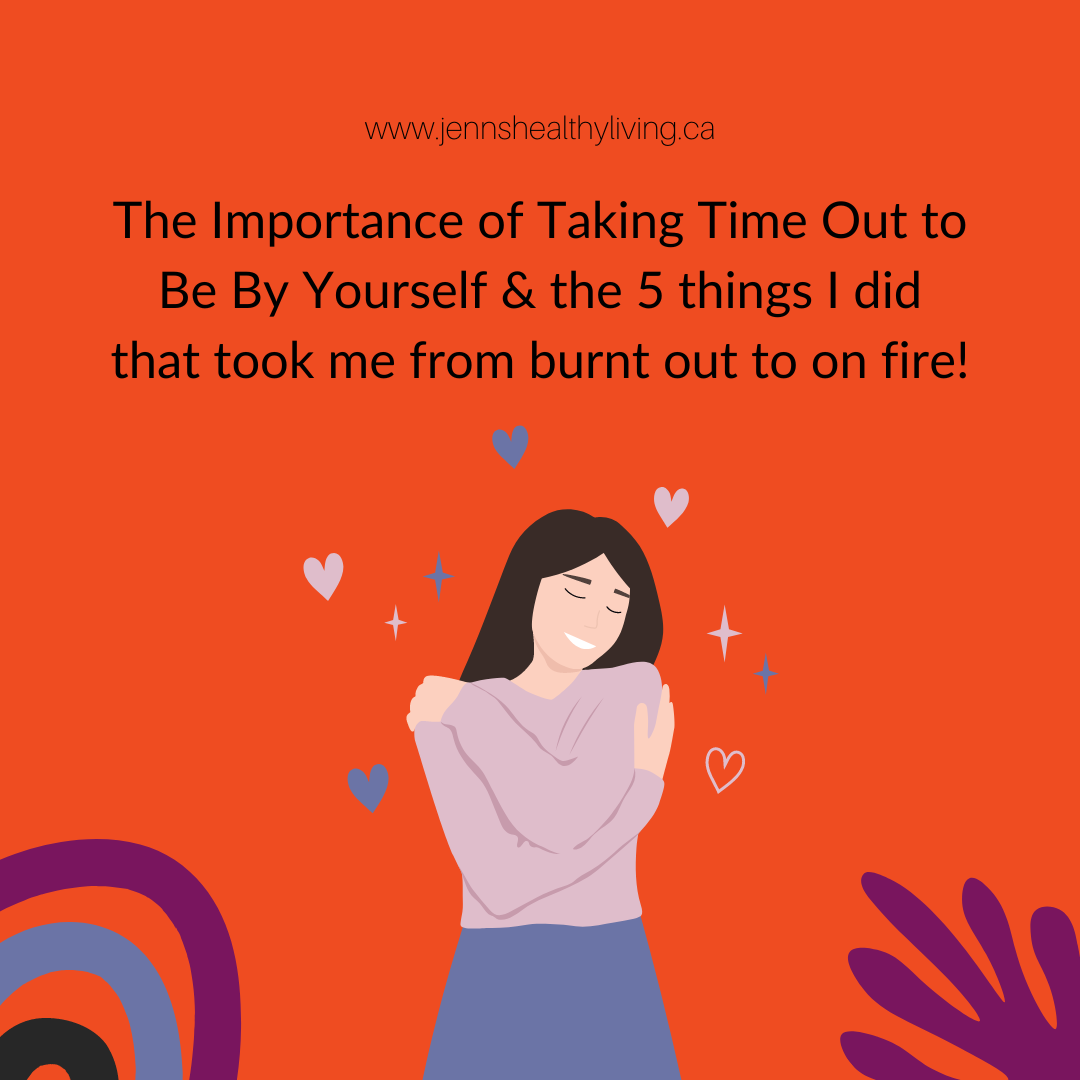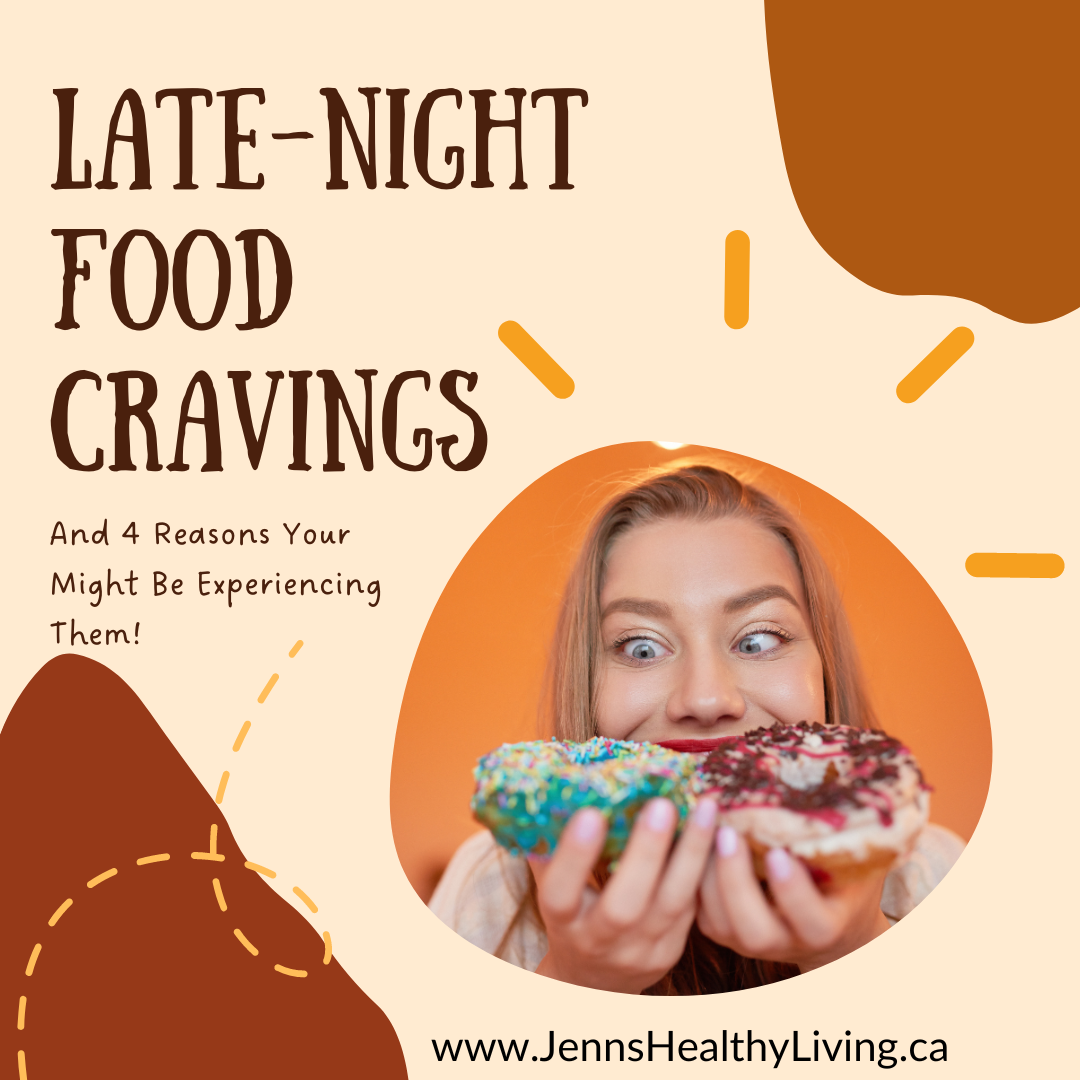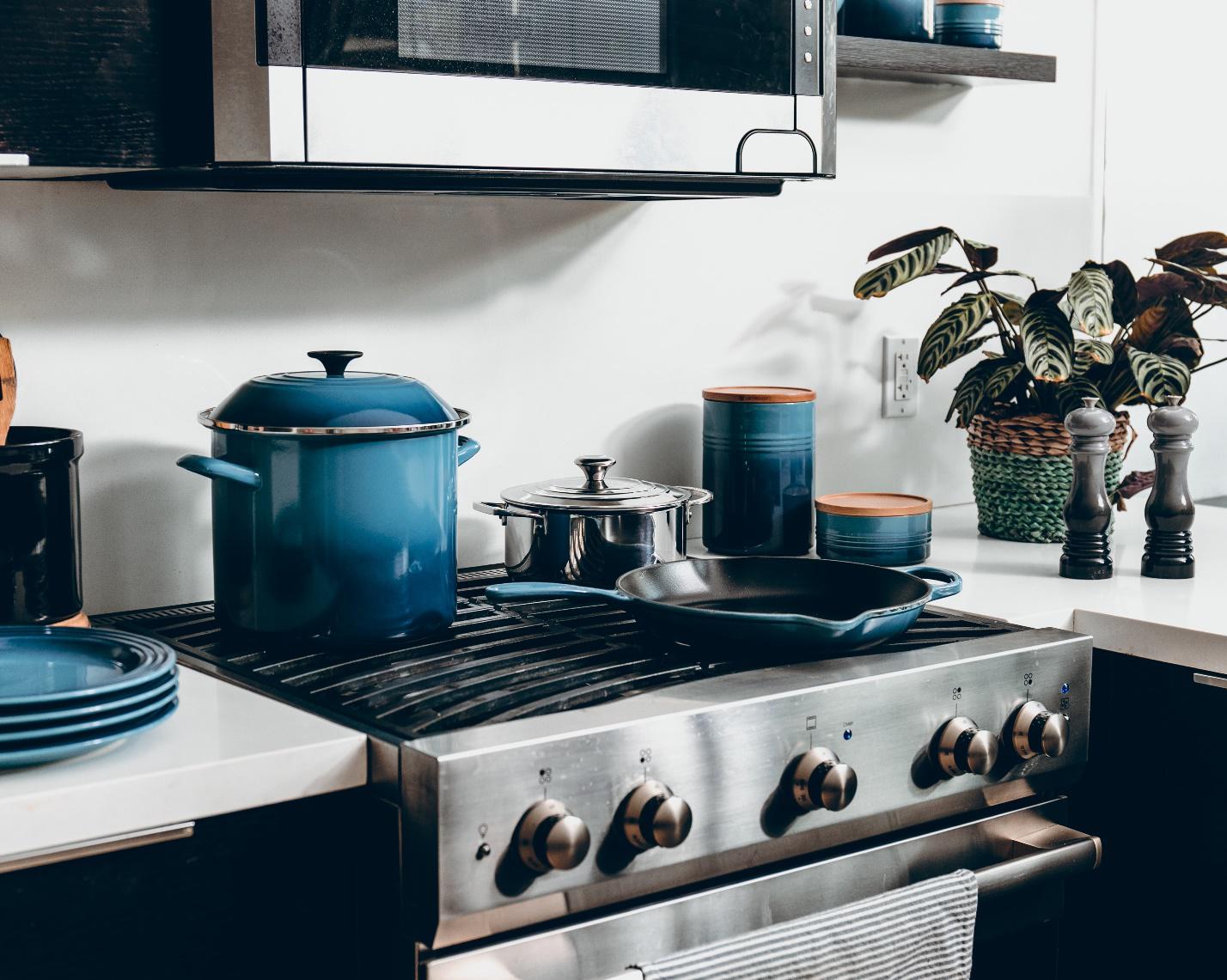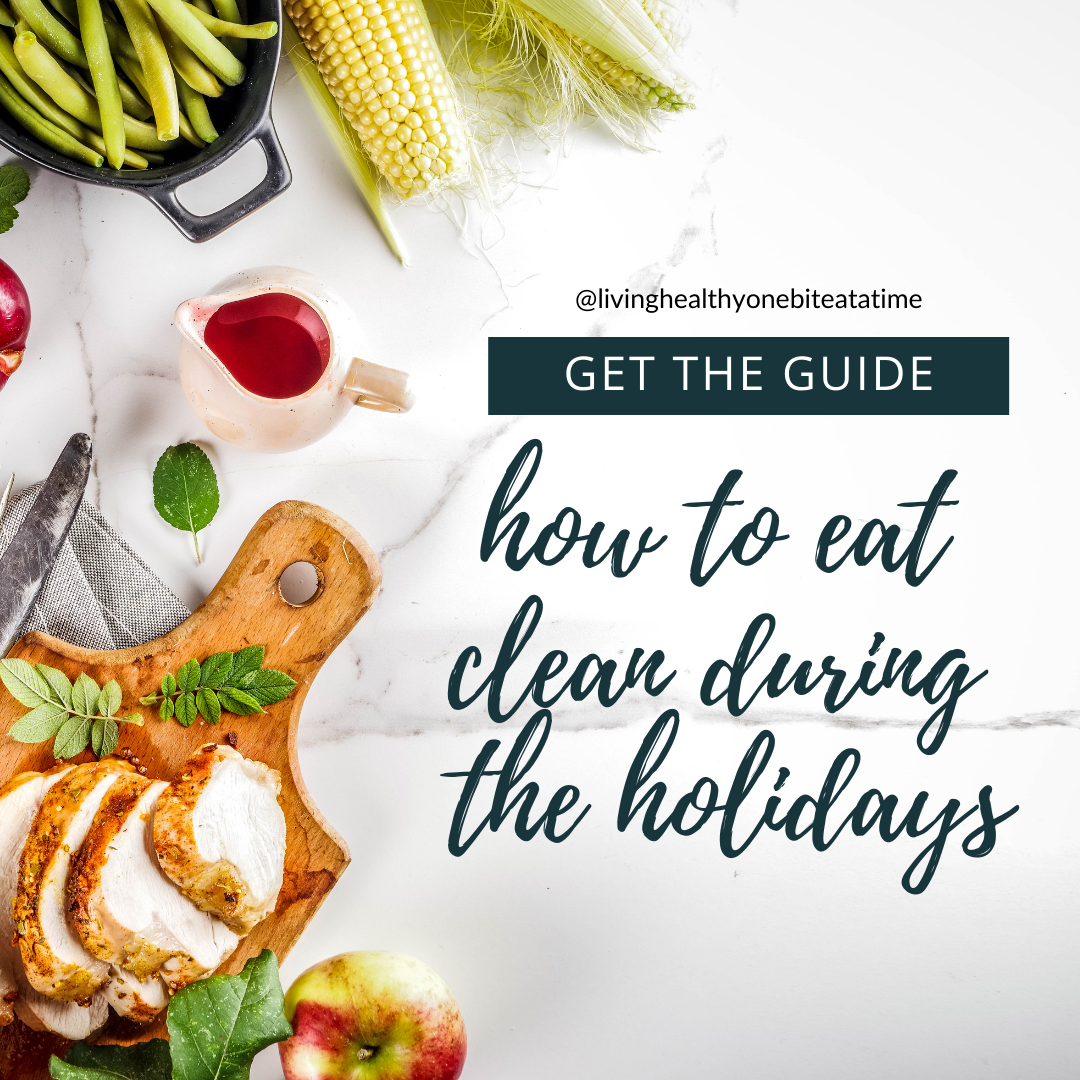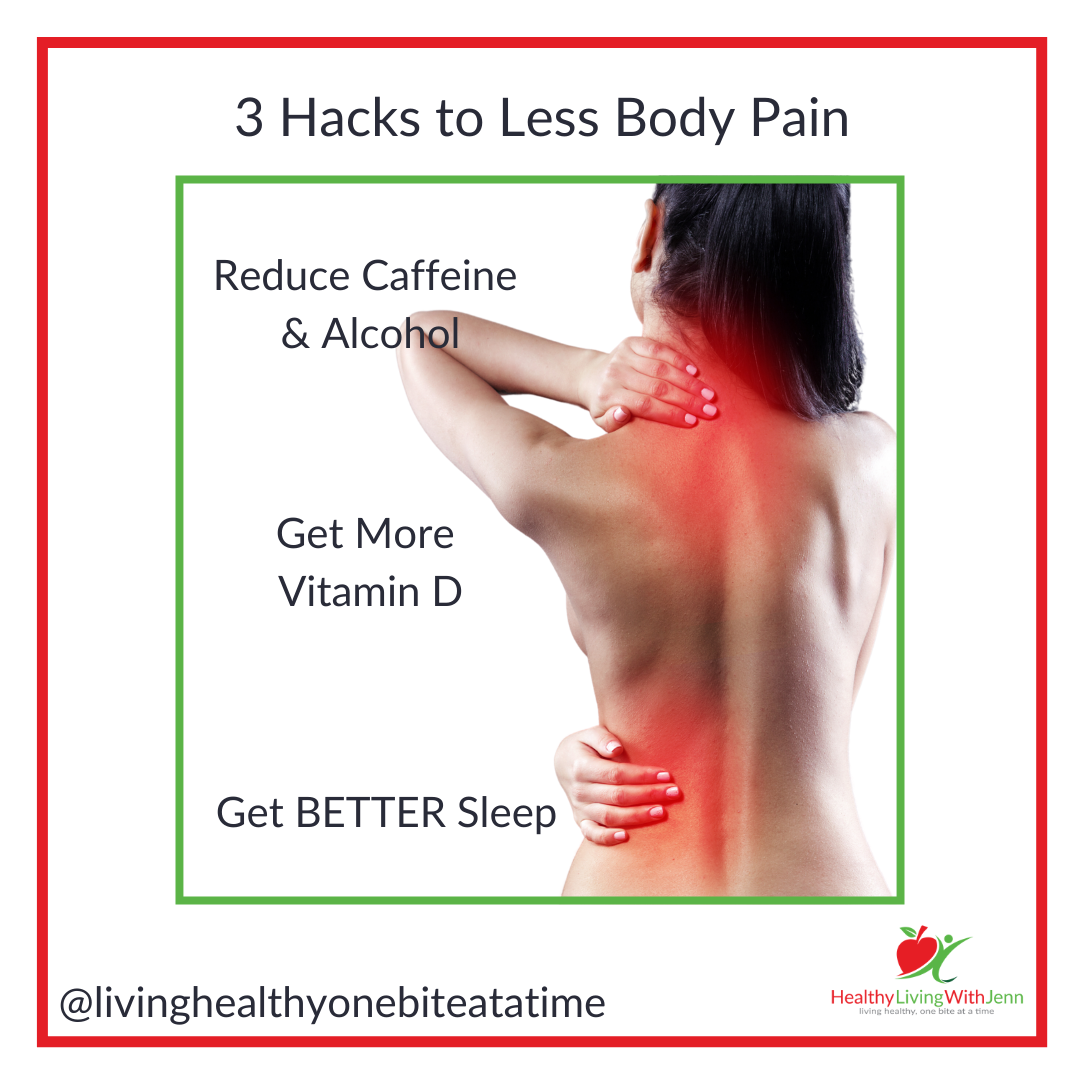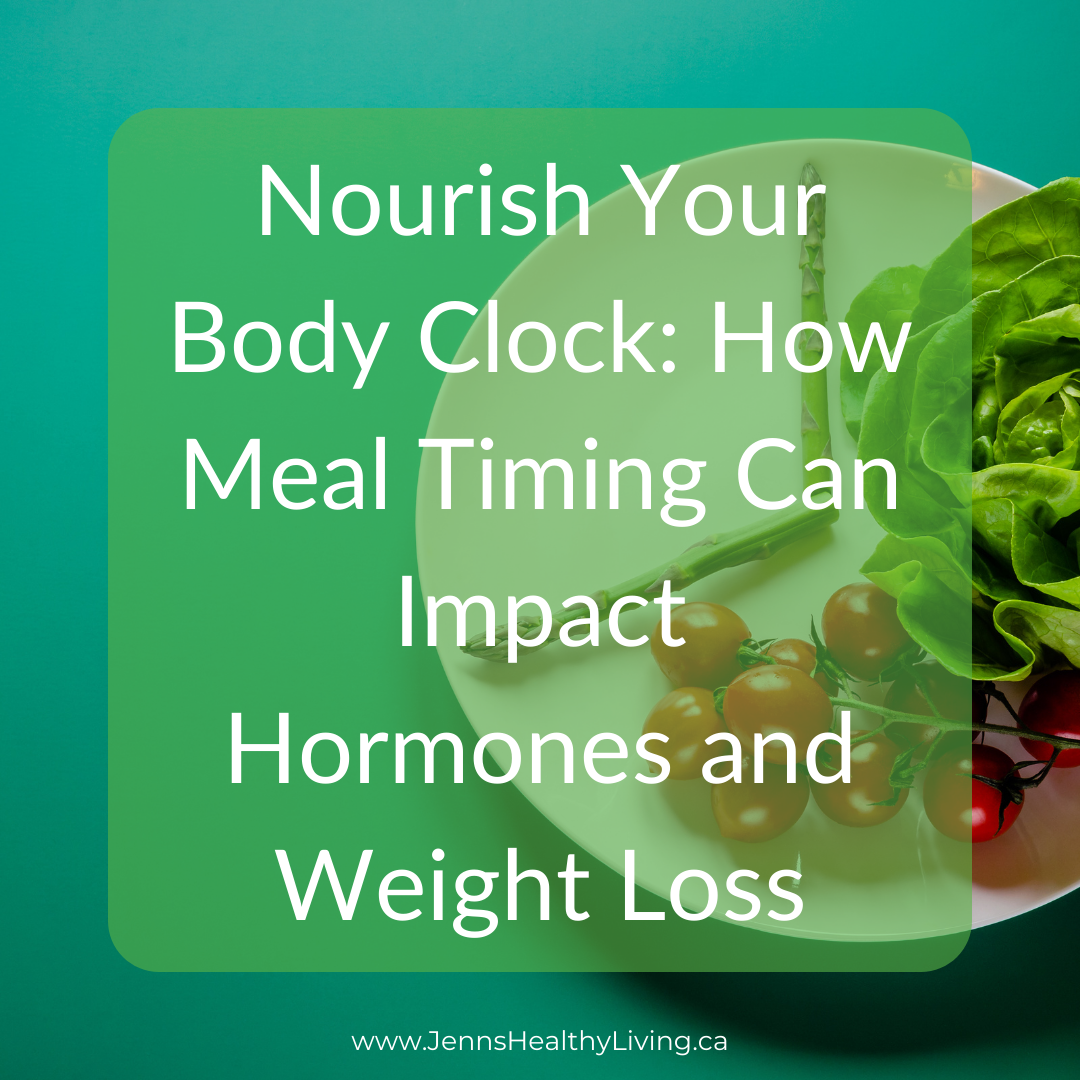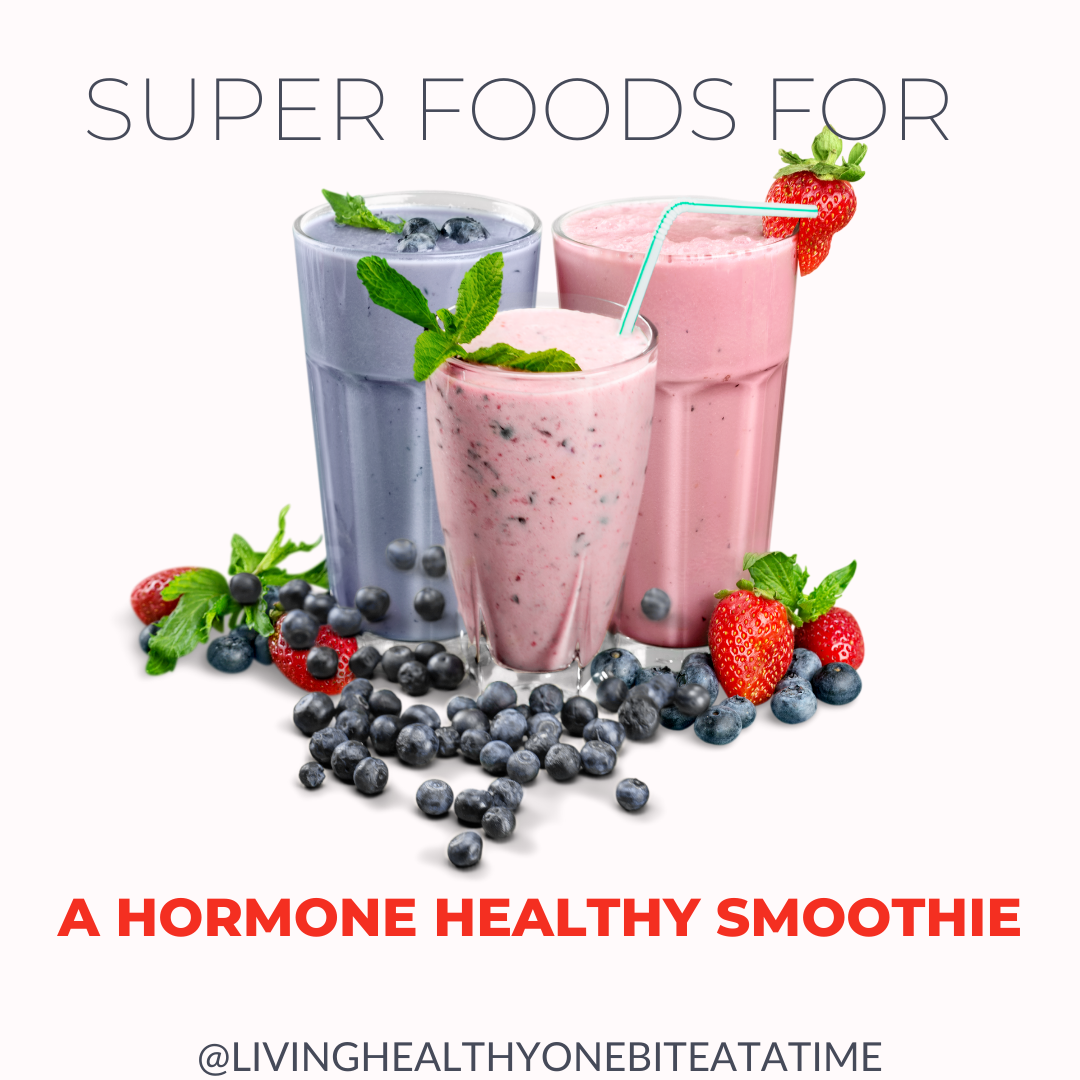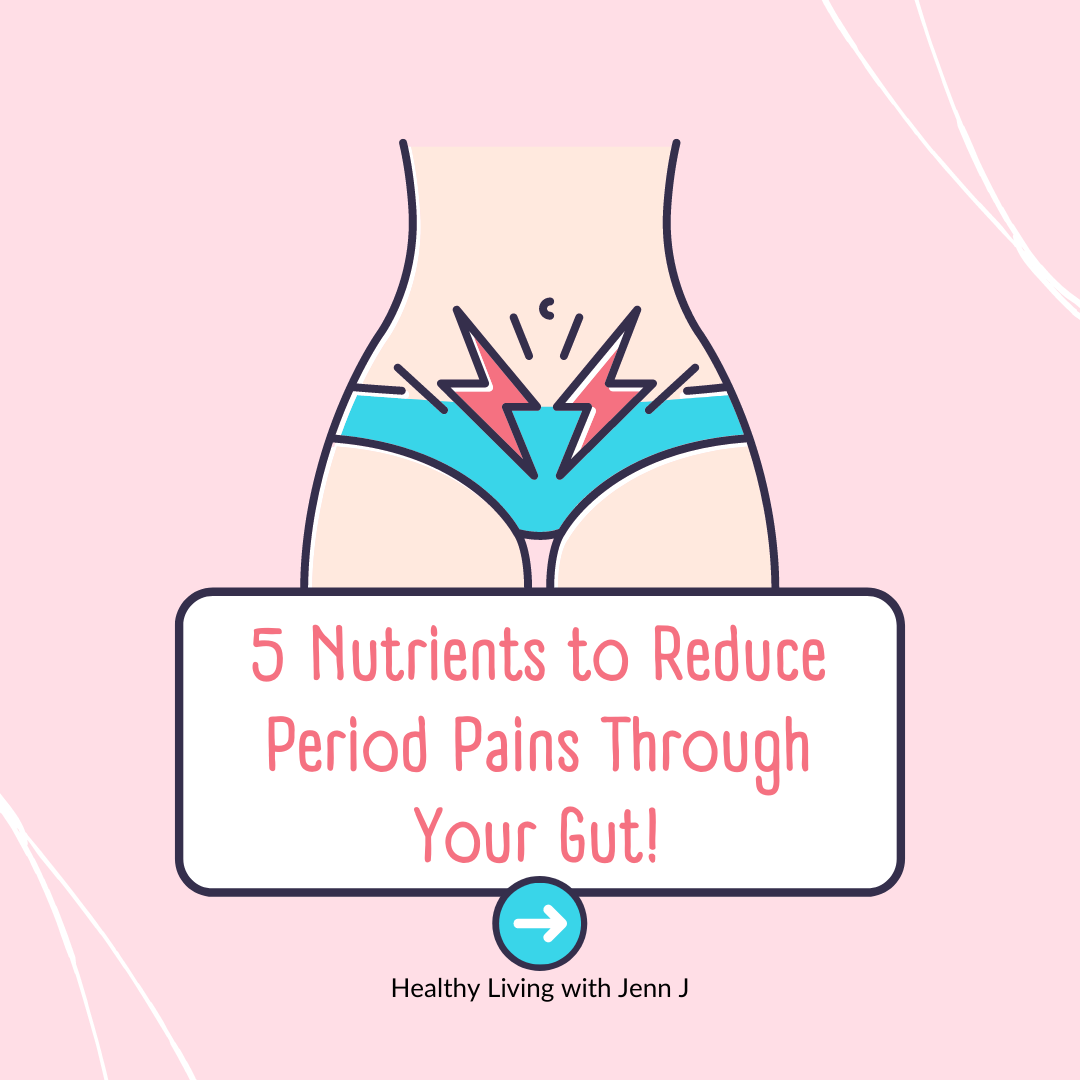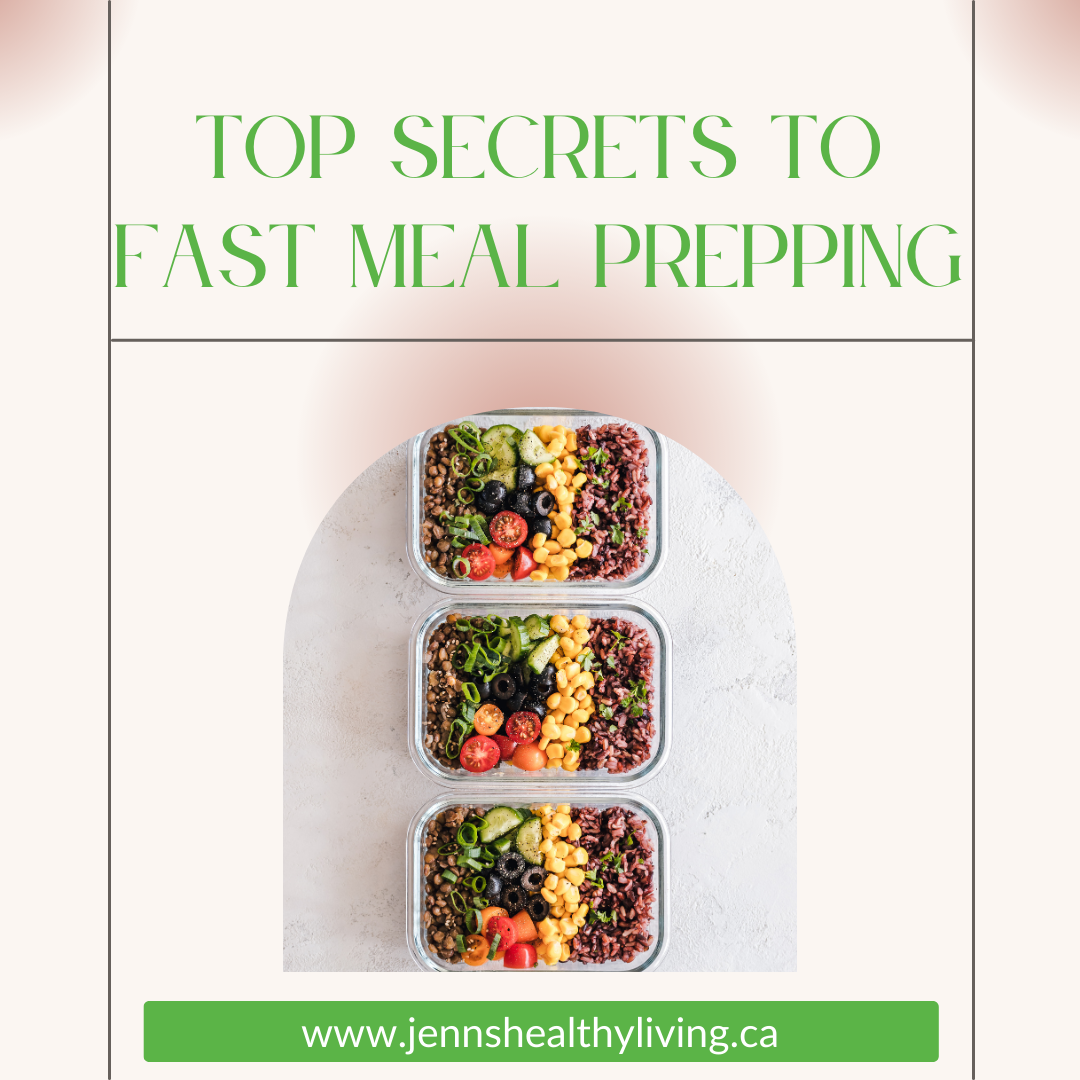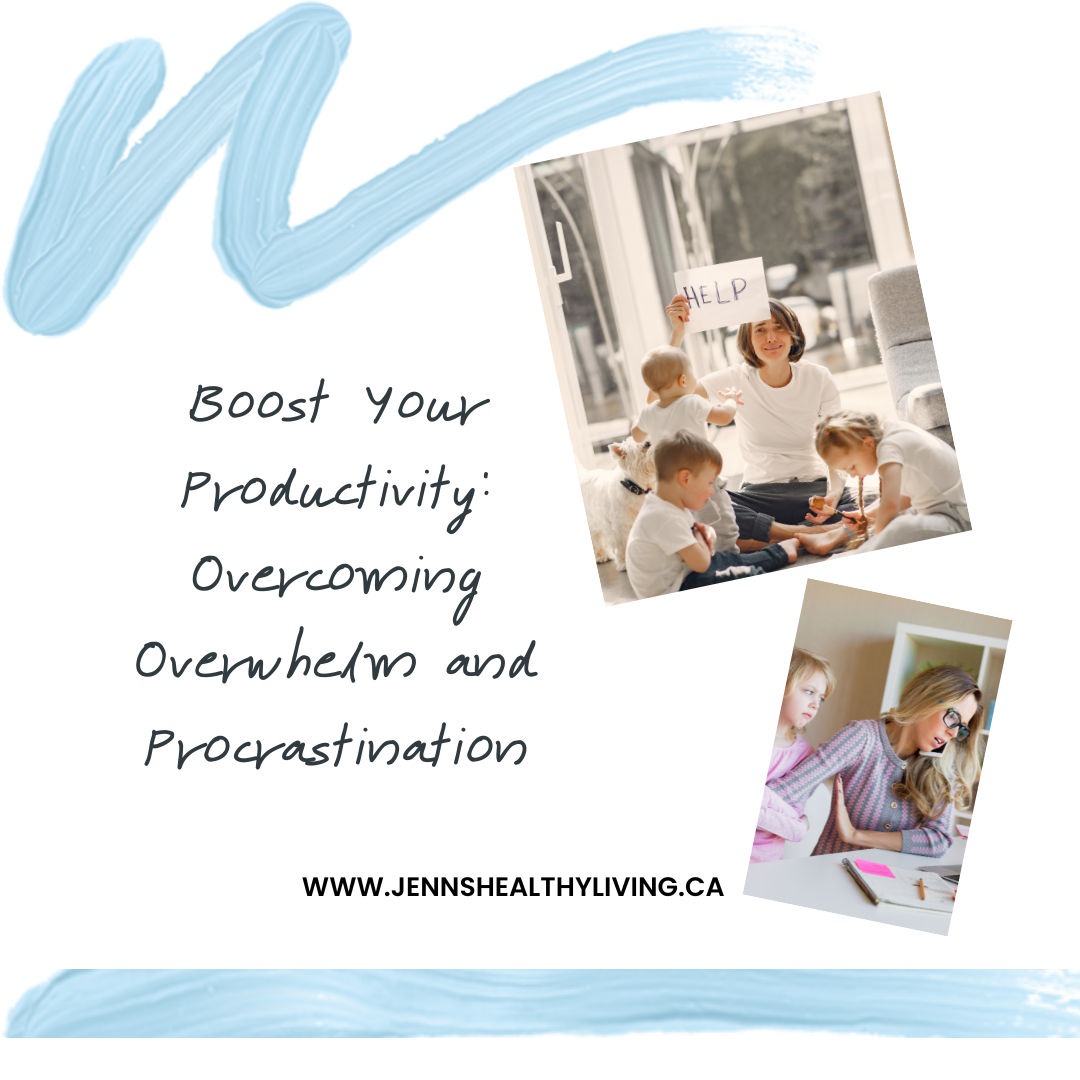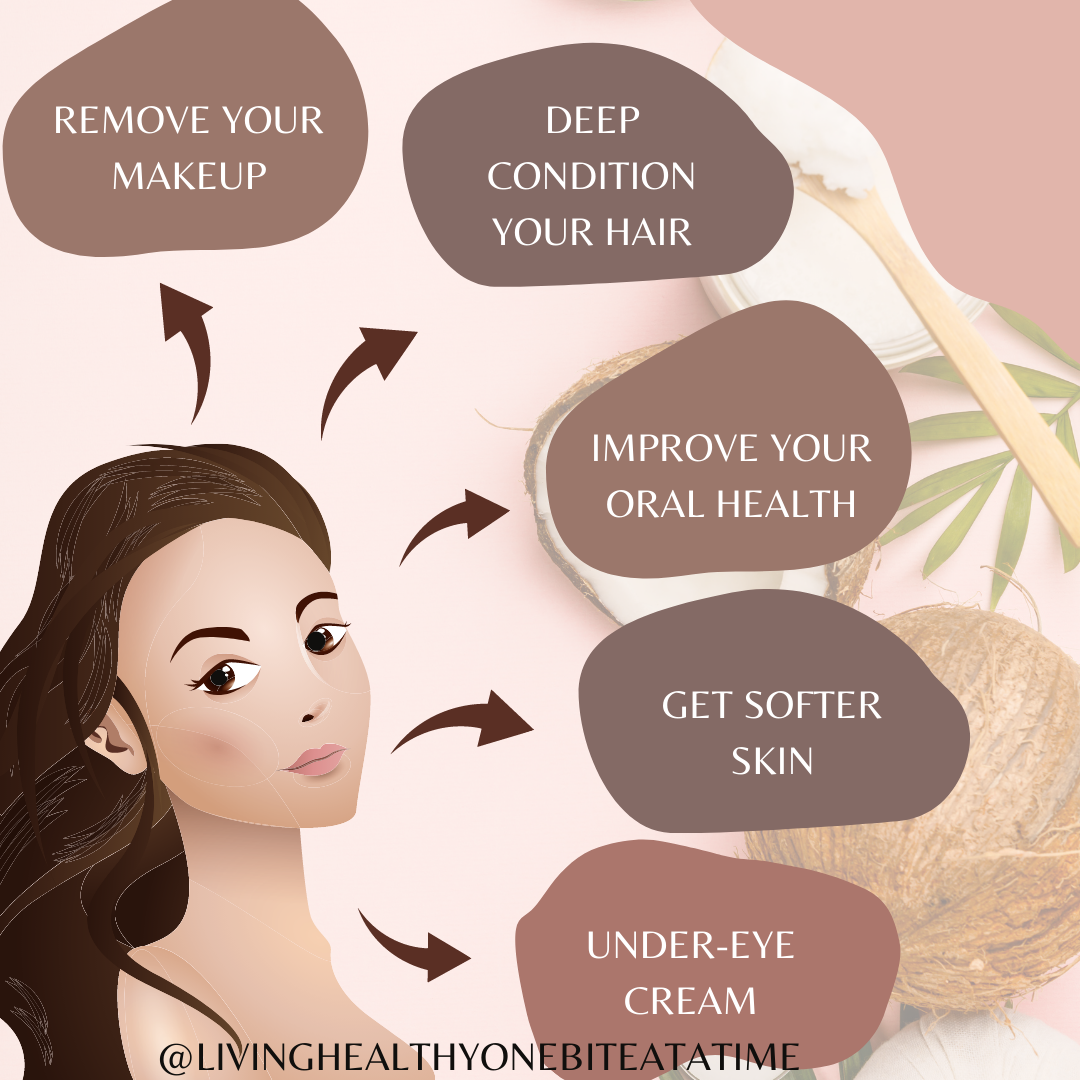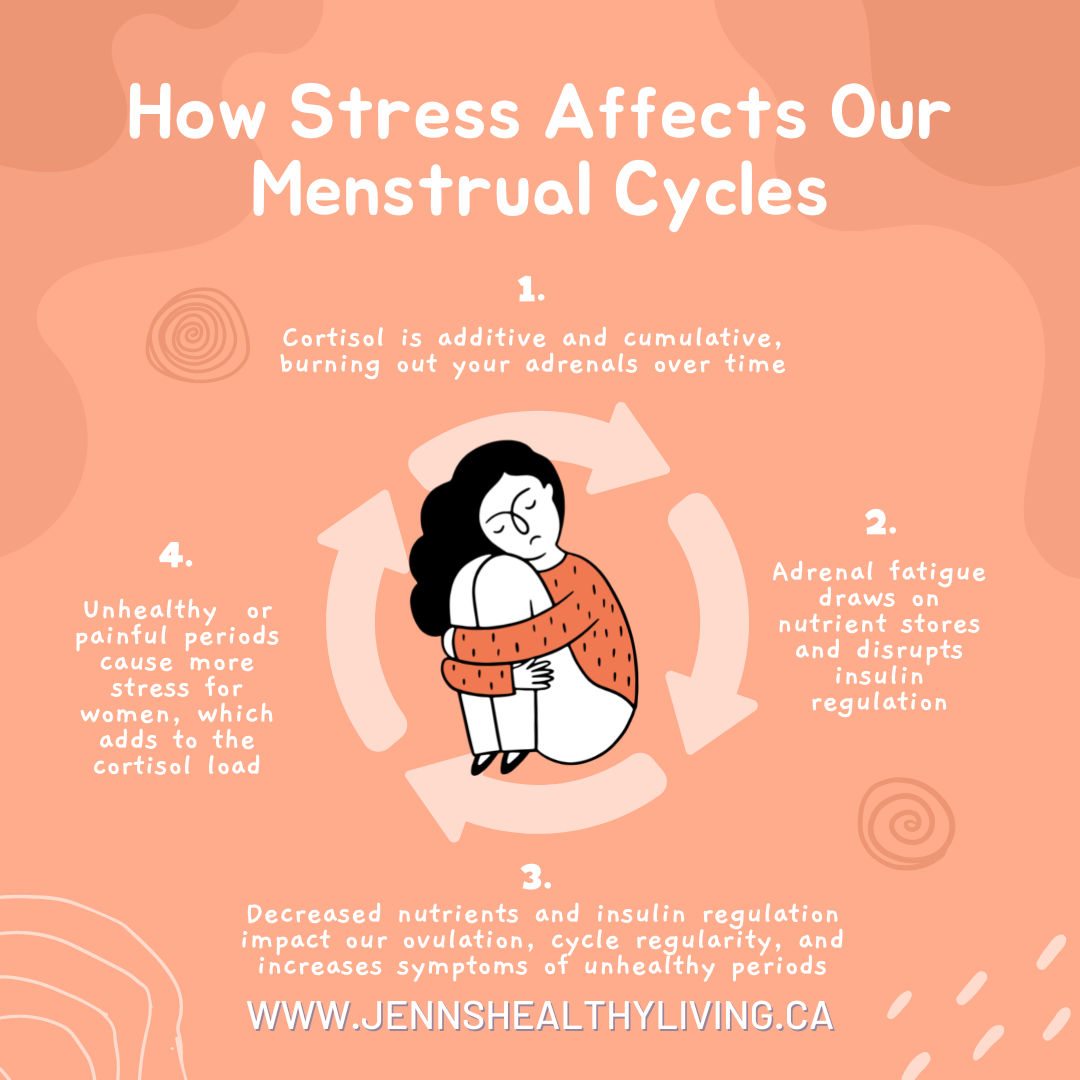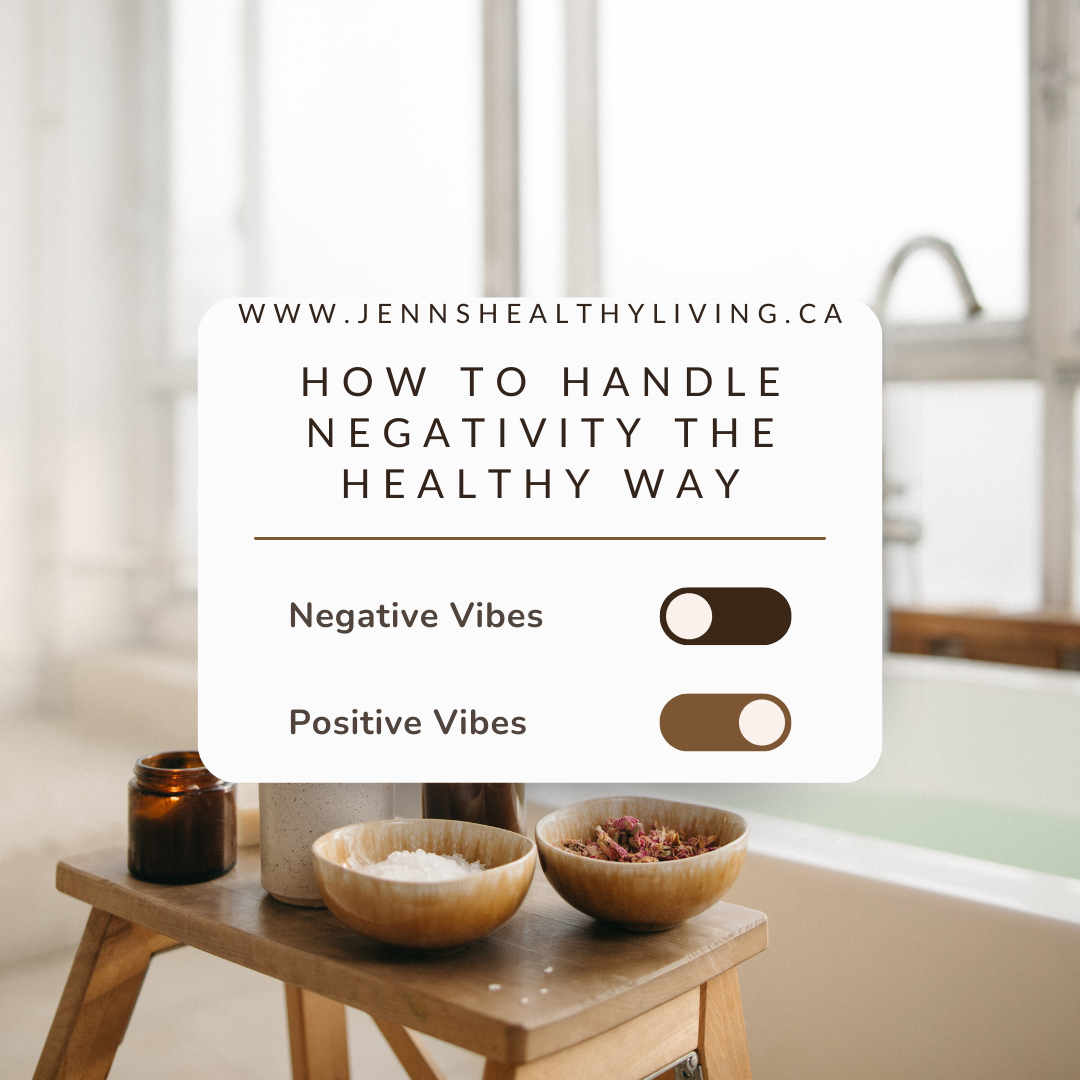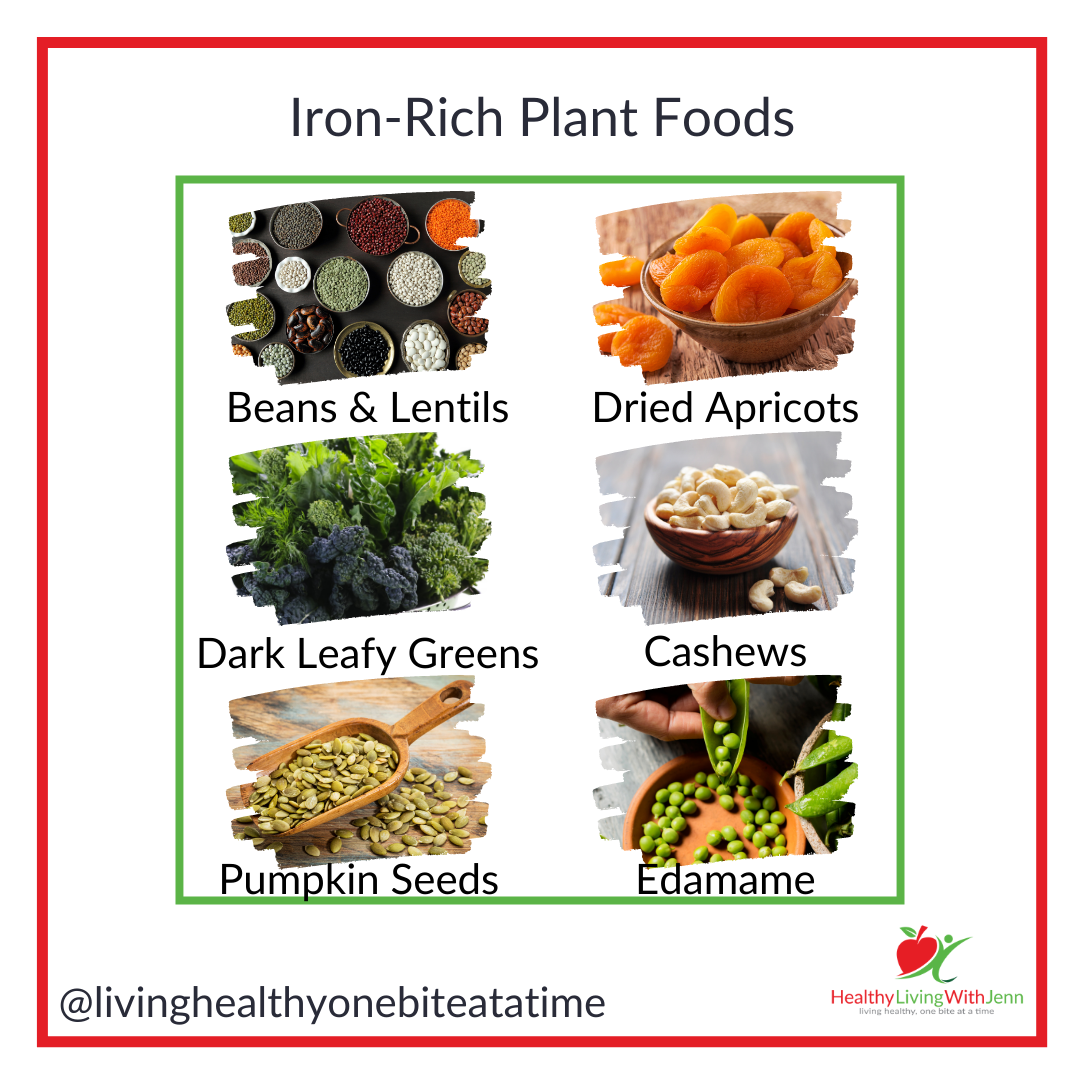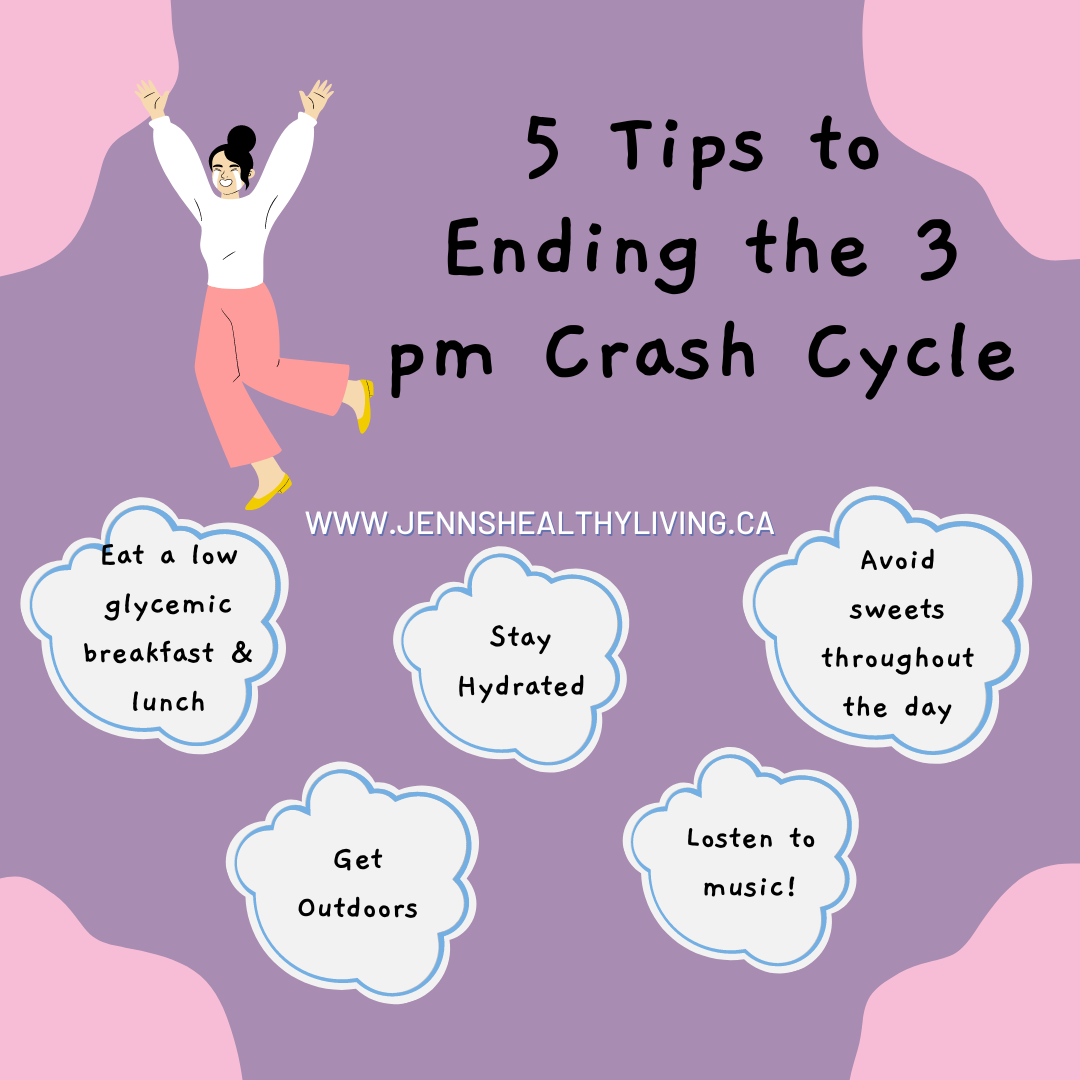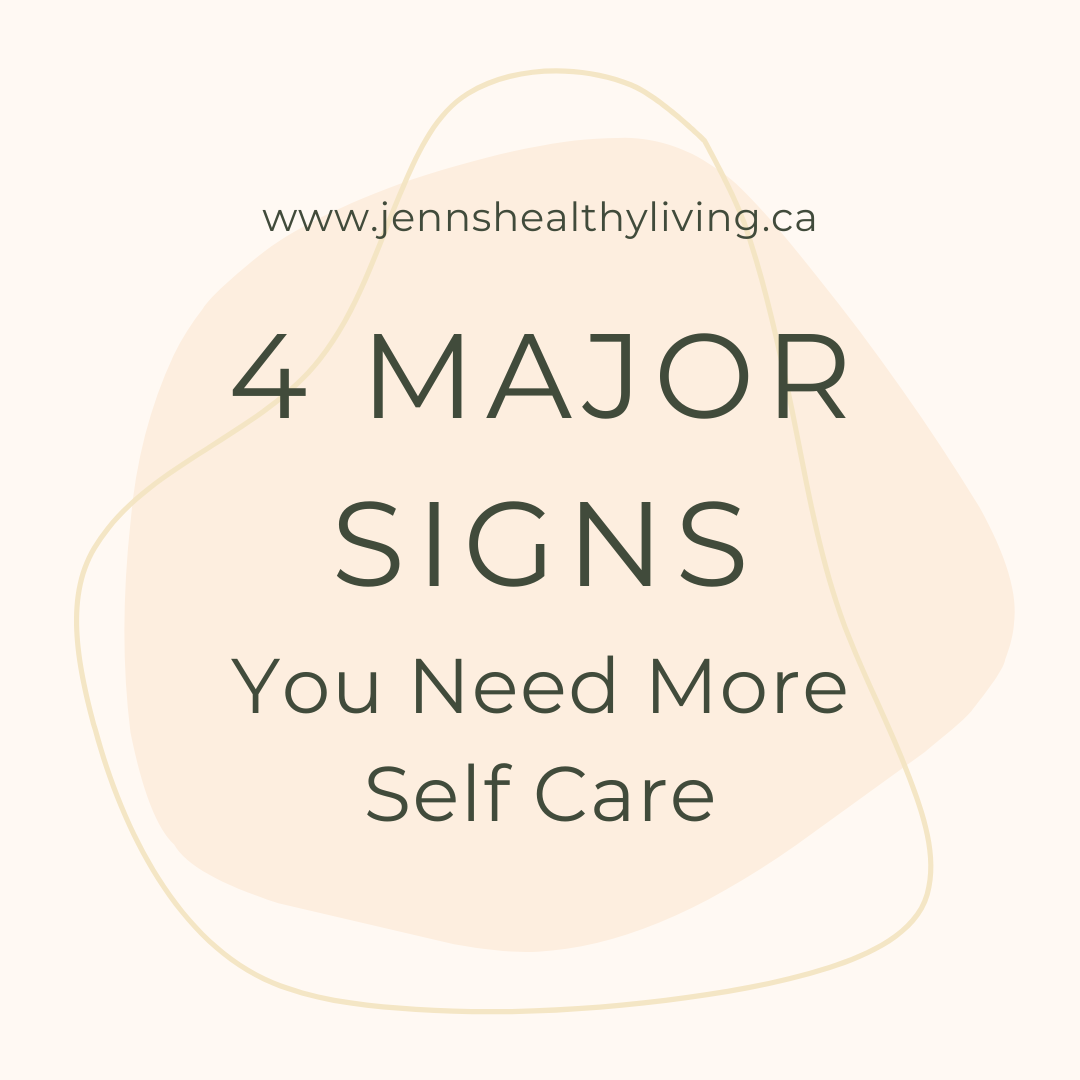Do you find yourself reaching for snacks late at night? Are you worried about the effects of snacking before bed? If you've been asking yourself these questions, you're not alone. As a holistic nutritionist, I'm frequently asked about the potential harm of indulging in late-night cravings. In this blog article, we're going to dispel some of the myths and explore the truth about late-night snacking.
My name is Jenn J, and I specialize in helping overwhelmed and exhausted mothers recharge their batteries and feel great again in their bodies. From addressing energy and sleep issues to weight and hormonal imbalances, I take a non-dieting approach to wellness to help my clients achieve long-term results!
So, if you've been wondering whether late-night snacking is good or bad, stick around. We're going to dive into what these cravings really mean and explore whether they're harmful or not. Let's get started! Continue reading below, or watch the video above!
Have you ever found yourself constantly dieting, restricting food intake, and over-exercising to lose weight, only to see no lasting results? If so, you're not alone. As a nutritionist, I've seen many women struggle with this approach to weight loss. In fact, it's a journey I once went through myself.
I used to believe that losing weight was the key to being healthier, and my doctors reinforced that belief. However, as I focused solely on weight loss, I found myself on a dieting rollercoaster, constantly on and off different diets. I restricted my food intake, over-exercised, and became obsessed with my weight. It wasn't until much later that I discovered I had a hormonal imbalance that was causing my weight gain.
During my dieting years, I found that I was doing well during the day, sticking to my restricted way of eating. However, by the end of the night, I was starving, experiencing intense food cravings, and binging on unhealthy foods. It took me a long time to shift away from this dieting mindset and understand that weight gain is often a signal from our bodies that something else is going on.
While excess body fat can contribute to health issues, weight gain isn't always the problem. It's important to address the underlying issue that's causing the weight gain, which is often a hormonal imbalance, nutrient depletion, or insulin resistance. In fact, many women struggle to lose weight because they don't address the root cause of their weight gain.
Instead of viewing late-night eating as inherently bad, it's important to understand what your body is trying to tell you. If you're frequently hungry at night or craving certain foods, it's a warning sign that something else is happening in your body that needs to be addressed. In fact, late-night food cravings can be a common symptom of hormonal imbalances or nutrient deficiencies.
In this article, we'll bust some of the myths about late-night food cravings and discuss what they could mean for your health. We'll also explore why diets often fail and offer tips for developing a nutrient-dense eating plan that works for your body. Remember, nothing is inherently good or bad, and it's all about understanding what your body is trying to tell you.
So here's one of the first reasons you might be experiencing late-night food cravings or hunger:
Dehydration
Dehydration is a common reason for food cravings, especially in the evening. When your body is dehydrated, it can be difficult to distinguish between thirst and hunger. As a result, you may end up consuming more calories than necessary. Drinking water can help keep you hydrated and curb your appetite. Warm water, lemon water, or chamomile tea are great options for evening hydration as they can help relax your body and prepare it for sleep. Drinking a glass of water before a meal can also help reduce your food intake by making you feel fuller.
Nutritional Deficiency
Nutritional deficiency can also be a reason for evening cravings. Your body needs a balanced intake of macronutrients (protein, carbohydrates, and fats) and micronutrients (vitamins and minerals) to function properly. When you follow a restrictive diet or cut back on calories, you may not be getting all the essential nutrients your body needs. This can leave you feeling hungry and craving certain foods. Adding wholesome snacks to your diet can help you satisfy your cravings while also providing your body with the nutrients it needs. Good snack options include fruits, nuts, and vegetables.
Habit
Habit is another reason for evening cravings. You may be accustomed to snacking in the evening or turning to food for emotional comfort or boredom relief. To break this habit, it's important to check in with your body and determine whether you're truly hungry or simply craving food out of habit. If you're not hungry, try engaging in a different activity to distract yourself, such as going for a walk or practicing a relaxing activity like yoga or meditation. Over time, your body will adjust to the new habit and you may find that you no longer crave food in the evening.
Lack of Sleep
Finally, lack of sleep can also lead to evening cravings. When you stay up past your body's natural sleep cues, it can trigger an increase in the hormone ghrelin, which stimulates appetite. Additionally, when you're tired, your body may crave sugary or high-carbohydrate foods for quick energy. To avoid evening cravings caused by lack of sleep, it's important to establish a consistent sleep schedule and aim for 7-9 hours of sleep each night. You can also try practicing relaxation techniques before bed to help you fall asleep faster and stay asleep longer.
To summarize, if you find yourself experiencing evening cravings, it's essential to listen to your body and figure out what it's trying to tell you. It could be that you're dehydrated, lacking essential nutrients, falling into unhealthy habits, or disrupting your sleep patterns. By becoming more aware of your body's signals, you can make better choices and improve your overall health and well-being. Remember, if you're feeling genuinely hungry, it's always okay to eat. Just make sure to choose nutritious options that nourish your body and help you feel satisfied.



